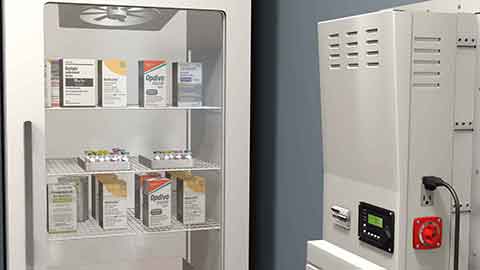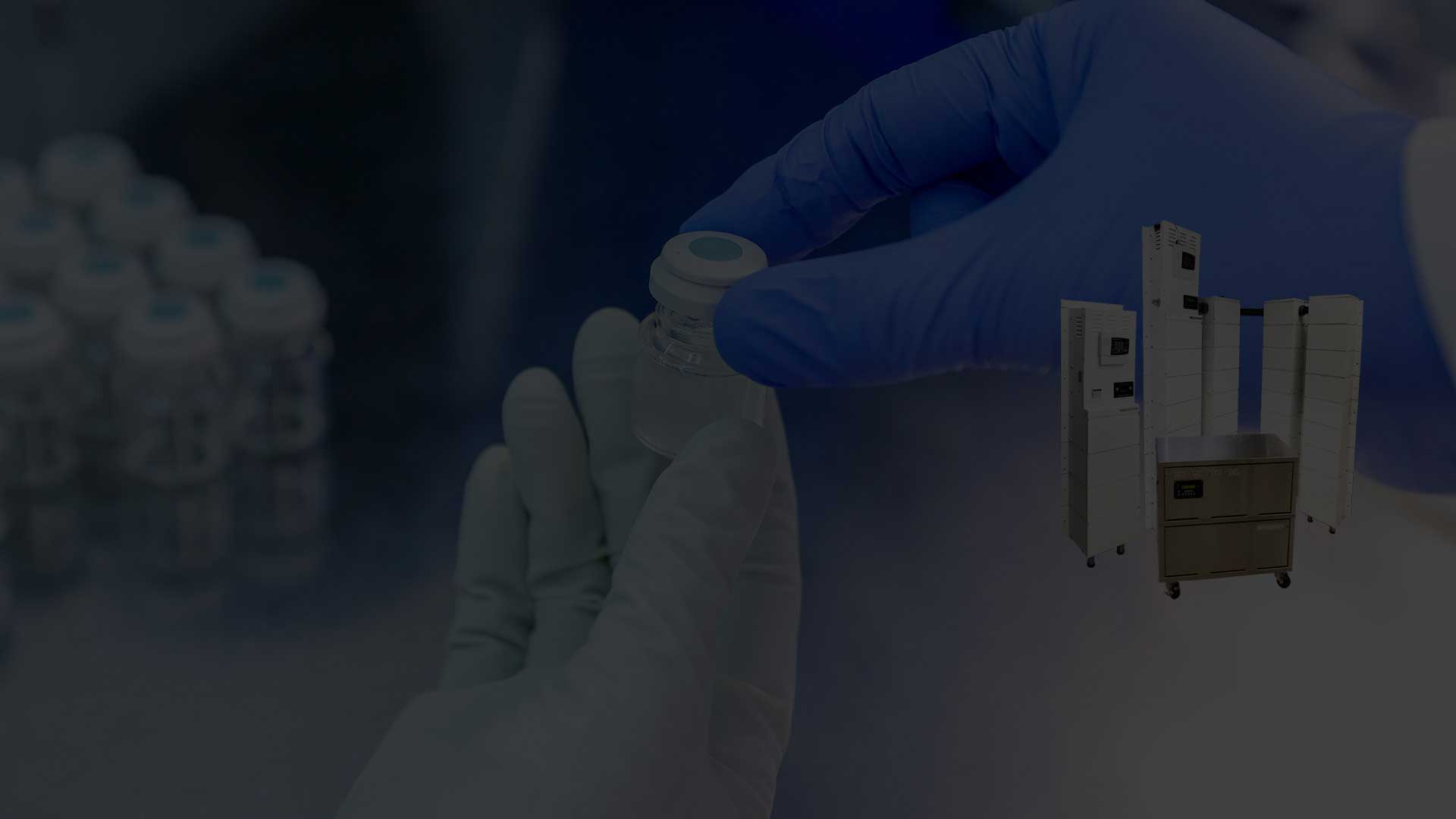Power Outages
| April 5, 2022
| Medi-Products
How Long do Fridges Last Without Power to Keep Medicines?
Power outages are inevitable, and they happen for different reasons. If you are fortunate, you may get a forewarning of an imminent power outage, whether due to maintenance or equipment breakdown.
Sometimes, however, you do not get adequate notice, as can happen during extreme weather conditions.
Due to this latter reason, it is essential to prepare for power outages before they occur, as it is often too late to prepare for a power outage when disaster is imminent.
Therefore, as a medical facility, health care, or VCF vaccine center, it is crucial that you have an SOP for power outages that you can implement when things like that happen.
Thus, this article explains what you need to know about power outages and how to keep medicine cold during a power outage.
What Happens to Medicines and Vaccines When the Power Goes Out?
Medicines like antibiotics, insulin, and vaccines that require refrigeration typically become endangered when a power outage happens. Therefore, maintaining the correct storage conditions for medicines and vaccines is vital to their remaining active and viable for use.
Most medicines and vaccines require a storage temperature range of 2°C to 8°C from the time of their manufacture to when the final consumer utilizes them. The process of keeping these products in an optimal temperature range from manufacture to consumption is called the "cold chain".
Power outages typically interfere with the cold chain, causing the degradation of these products. This degradation happens because the pharmaceuticals are exposed to increased temperatures, leading to a loss of activity.
This process is called a Cold Chain Breach, and it leads to one of the most significant potential consequences of power outages – wastage of medicines and vaccines.
Keeping Your Medicines Cold In a Power Outage
- Do not open your fridge or freezer after losing electricity unless absolutely necessary to prevent temperature excursions. Refrigerators and freezers will generally maintain a constant temperature for about twelve to twenty-four hours, depending on the storage unit and whether you open their doors.
- Keep your medicines and vaccines in ice packs. If the power is not restored after twelve to twenty-four hours, get your ice packs from the freezer and put them in a cooler with the medicines and vaccines. This should keep the medicines cold for at least 48 hours, after which the temperature will slowly start to increase again.
It is time to decide what to do next when you get to this point. In an ideal situation, you should probably have access to a refrigerator by this time. This could be either because power has been restored, or you have been able to access a refrigerator from an acquaintance who has power.
Important Things to Note About Power Outages
Some Power Outages May Be Short Term
Whether or not you are sure of how long the power outage will last, it is in your best interest to keep your refrigerator or freezer doors closed at the immediate start of the outage. If you are in luck, and the power outage does not last long, your unit will maintain its interior cold temperature if you do keep its doors closed.
When the power is restored, ensure you record the interior temperature carefully. Pay close attention to the maximum temperature you observe and the power outage duration.
Also, it would be best if you verified that your medicines are still effective. The safest way to do this is to contact your local health department, referencing the temperature readings you have recorded.
Thankfully, most medicines will retain their properties even with slight temperature changes. However, some do not. Thus it is essential that you find out what category the medicines belong to. This way, you can determine whether to use or discard them.
Ensure That You Monitor the Temperature
This bears repeating, as the temperature is integral to the vitality of medicines. Therefore, if the medicines are kept in less than optimal temperature ranges, they risk losing their effectiveness.
For this reason, temperature monitoring should be your biggest priority during a power outage. If you have a battery-powered thermostat, you can use it to record temperatures and the time of readings. If not, wait till your power is restored. Do not open the unit door to take temperature readings while the power is out. Doing so will expose your unit’s contents to ambient higher temperatures.
Taking temperature readings after an outage is crucial for determining the viability of medicines, and you need to be extra diligent about it. Record the maximum and minimum temperatures until your unit stabilizes. One easy way to do this is to equip your unit with a temperature logger, preferably a digital data logger. Most digital data loggers are battery-powered or include backup batteries. Thus they can continue to record temperatures even during a power outage.
Use Backup Power Options
Standard options available for backup power are traditional fuel generators and battery backup power systems.
However, depending on your facility’s size, a fuel generator may not be the best option for you. A battery backup system is much more efficient because it can be customized to meet your unique needs.
Medi-Products vaccine refrigerator battery backup systems are designed to meet both individual and corporate power needs. They are easy to install and require virtually no maintenance. The only maintenance they require is that you change your batteries every four years.
Please get in touch with us today to schedule a assessment, where we understand your power needs and recommend the best battery backup power system for you.


